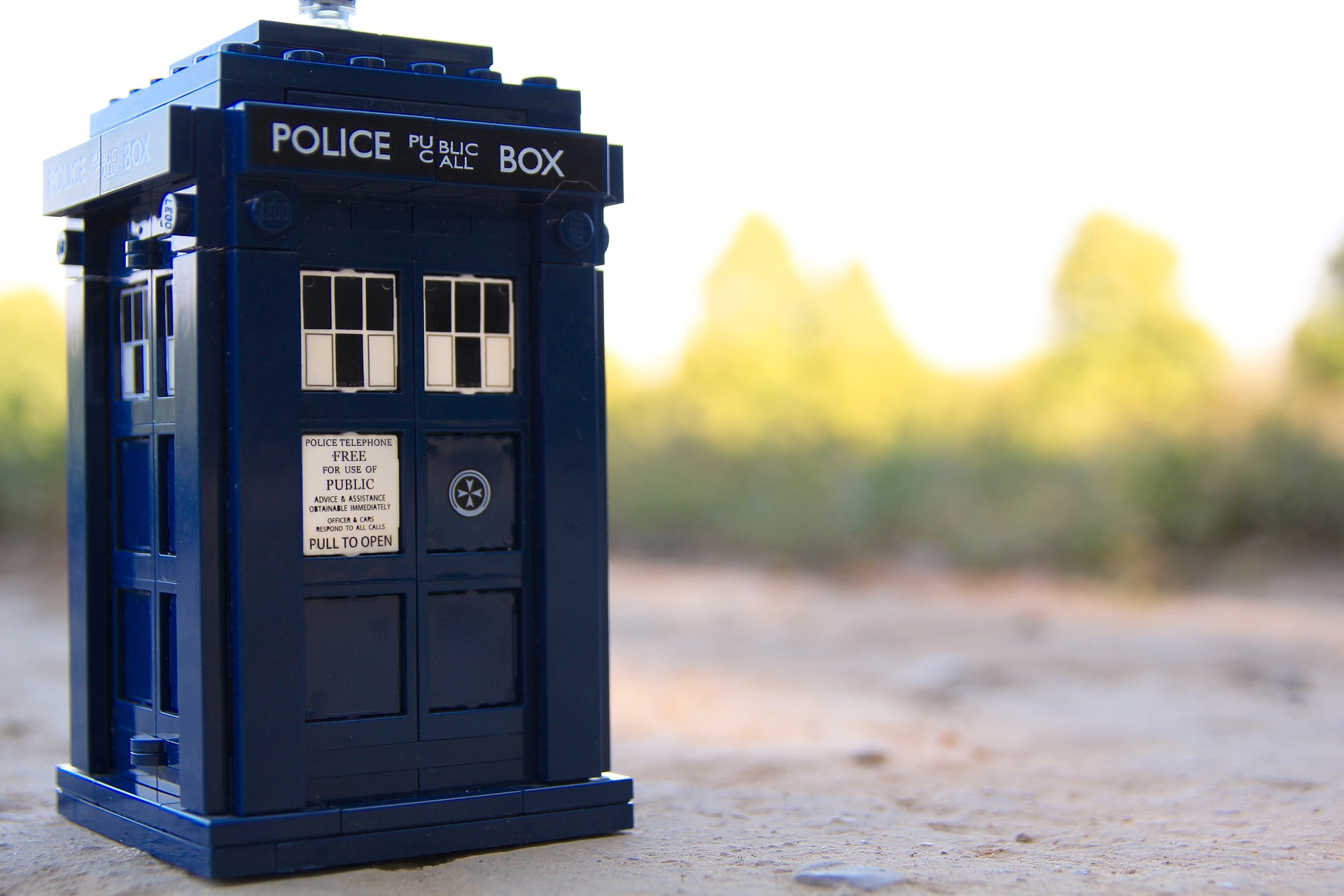The latest series of Doctor Who has gotten everybody talking. First, a new showrunner in the form of Chris Chibnall. Then, a female Doctor played by Jodie Whittaker. And now, an episode that features racism as the main focus of the episode. Within five minutes of landing in 1955, Ryan (one of the Doctor’s companions who happens to be Afro-British) is slapped across the face for trying to return a dropped glove to a white woman and is given a rather unexpectedly graphic description of lynching. This, I think, is written very purposefully by writers Chris Chibnall and Malorie Blackman. The tone is very clearly set – there will be no skirting around the issue of racism in this episode.
“Just because someone is a person of colour or identifies as LGBTQ+, that doesn’t mean that their entire contribution to a piece of media has to be focused around their identity”
Whilst Doctor Who has included some references to social issues such as racism and homophobia before, it had never been the main focus of an entire episode until now. Yes, Bill (the Doctor’s companion in the last series) was both a woman of colour and a lesbian, which was mentioned several times throughout the series. However, they never used it as an opportunity to explore the topics within a historical context. This is a good thing. After all, just because someone is a person of colour or identifies as LGBTQ+, that doesn’t mean that their entire contribution to a piece of media has to be focused around their identity. Yet, I do think that it’s appropriate to have one episode that does look at how they would have been treated by society in various historical contexts. Yes, Doctor Who is a sci-fi show, but it’s also about time travel. I think the time travel element should be used in order to educate children about the ugly past of our own society, and how there are still issues today, as shown in the Rosa Parks episode by Ryan and Yaz talking about the racist attitudes they continue to face in the present day.

I think we forget that the millions of children watching Doctor Who are incredibly impressionable, made clear by the tweets that flooded in following the episode from parents saying that their kids were engaged by the episode, and asked questions about it afterward. In a tweet the next day, Malorie Blackman said: “My fav comments are those which say the episode opened a conversation with their children.” As a History student myself, who is aiming to go into teaching after my degree, I know how lacking the school curriculum is in terms of teaching children about the uglier aspects of Britain’s past. The horrors of the British Empire are ignored, and the racist attitudes pre-abolition removed from the syllabus. Doctor Who is not just talking about racism for the sake of it. In my opinion, it is attempting to fill a tremendous gap left by our education system.
With this in mind, I would very much like to see Doctor Who continuing this theme of exploring uncomfortable history, but in a British setting. Whilst educating children about Rosa Parks and the American civil rights movement is incredibly important and I commend Doctor Who for doing so, I think that showing its young audience how British people have treated people of colour and who are LGBTQ+ in the past can only be a good thing.
Susanna Goldstone

